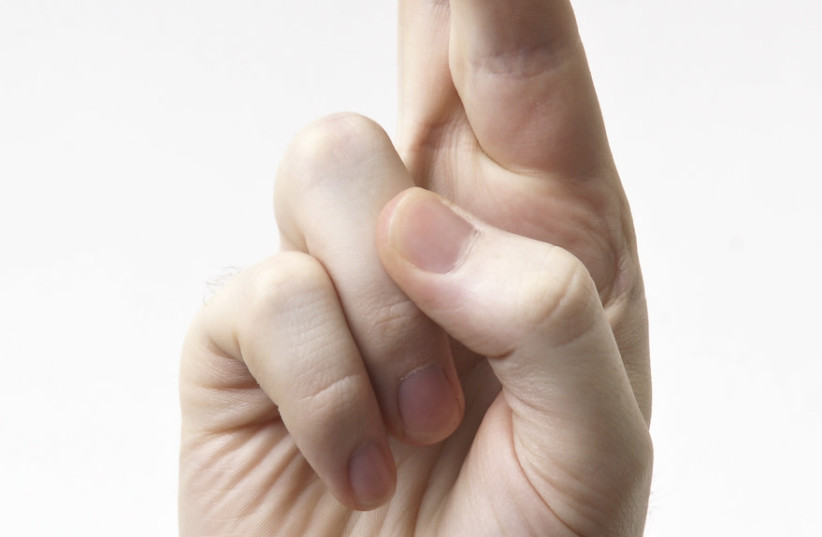A new study found that people who win don't necessarily cheat more, contradicting a 2016 Israeli study that claimed that people who win skill-based competitions were more likely to steal money in games of chance than people who lost or people who saw themselves as neither winners nor losers.
The peer-reviewed study was led by researchers at the University of Leicester and published in the Journal of the Royal Society on Wednesday.
The new study concluded that people who have a strong sense of fairness cheat less, irrespective of whether they have won or lost.
Study
In order to come to their conclusions, the researchers studied the behavior of 259 participants in a dice game, the same setup as the Israeli experiment. They also studied the behavior of 275 additional people playing a coin-tossing game online. The researchers subsequently conducted a statistical analysis and structural equation modeling on the data.
The researchers found that although there was some cheating, winning or losing did not increase cheating. However, the researchers also found that people who are "inequality averse," meaning they dislike unequal outcomes, could possibly account for the rare instances of cheating.

Implications
The researchers noted that the results of their study could be timely, amid concerns regarding academic dishonesty, tax avoidance and evasion by wealthy people in developed nations and the impact of increasing income inequality on crime and corruption.
Lead study author and Professor of Psychology at the University of Leicester’s Department of Neuroscience, Psychology and Behaviour Prof. Andrew Colman said that “Cheating and general dishonesty are of growing concern in the light of academic dishonesty in the digital age, problems of tax avoidance and evasion by wealthy people in developed economies, and more generally effects of widening inequality in wealth and income on corruption and crime.
